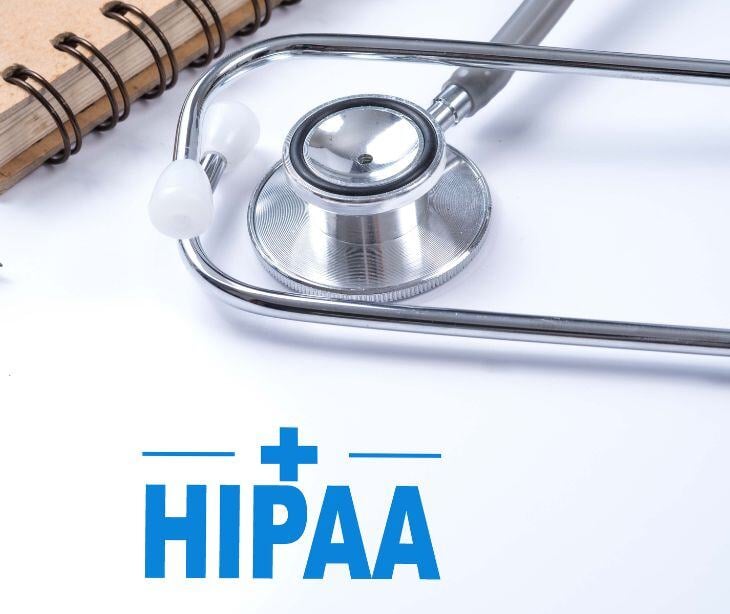1 min read
Exploring the HHS Grants Rule and proposed modifications to the Security Rule
Lusanda Molefe Jan 31, 2025 2:20:12 PM

Cybersecurity in healthcare and the management of federal grants emerged as one of the major priorities in 2024, as evidenced by the HHS Office for Civil Rights' (OCR) advancement of two regulations. The HHS Grants Rule and proposed modifications to the HIPAA Security Rule demonstrate the federal government's commitment to protecting patient information while ensuring accountability in healthcare funding.
Overview of the HHS Grants Rule
The HHS Grants Rule establishes guidelines for organizations receiving federal healthcare grants. The rule specifically affirms protections for LGBTQI+ individuals by clarifying the prohibition of discrimination based on sex, including sexual orientation and gender identity, consistent with the Supreme Court's Bostock v. Clayton County decision. These protections extend to various essential services, including:
- Refugee assistance programs
- Early childhood education services
- Homelessness assistance
- Substance use disorder treatment and prevention
- Community mental health services
- Maternal and child health services
- Community services
HIPAA Security Rule modifications
The proposed modifications to the HIPAA Security Rule represent an effort to strengthen cybersecurity measures in healthcare settings. These updates aim to address evolving digital threats while ensuring healthcare organizations protect patient information. The modifications focus on enhancing security requirements, implementing stronger safeguards, and establishing clear protocols for incident reporting and response. Key aspects of the proposed modifications include:
- Updated risk assessment requirements
- Enhanced data protection standards
- Strengthened authentication protocols
- Improved incident response procedures
- Expanded security training requirements
Related: How to perform a risk assessment
What is an incident response plan?
Implementation and impact
Healthcare organizations must adapt their operations to comply with both the HHS Grants Rule and the enhanced HIPAA Security Rule requirements. For grant recipients, this means ensuring their programs and services are accessible to all individuals without discrimination, while also maintaining cybersecurity measures including multi-factor authentication, data encryption, network monitoring, and staff training to protect patient information.
Compliance requirements
Organizations receiving HHS grants must:
- Demonstrate non-discriminatory practices in service delivery
- Document compliance with updated grant management standards
- Implement required cybersecurity measures
- Maintain appropriate documentation and reporting procedures
- Ensure staff training on both non-discrimination and security protocols
FAQs
What are the consequences of non-compliance?
Organizations may face financial penalties, loss of federal funding, and potential legal action.
Go deeper: What happens when you fail to send a breach notification
How does the HIPAA Security Rule affect healthcare providers?
It requires providers to implement specific cybersecurity measures to protect patient information, including encryption and security monitoring.
Read more: What is the HIPAA Security Rule?
What is multi-factor authentication and why is it important?
It's a security measure requiring multiple forms of verification to access systems, helping prevent unauthorized access to sensitive information.


%20-%202025-01-08T110958.529.jpg)

%20(5)-1.jpg)